
So you’re looking to join an eco travel program to put your passion for the environment to good use, yet you’re not sure which destination you’d like to visit, or the project that will fit your skill set?
To help you identify the perfect environmental volunteering destination, we’ve compiled a list of the top affordable environmental volunteering opportunities below. So whether you’re looking for marine conservation, jungle conservation, coastline conservation or sustainable organic farming volunteer opportunities, International Volunteer HQ has a program for you. As an IVHQ volunteer, you’ll be working closely with local organisations and community members to support both proactive and reactive methods of protecting our natural environment.
As you scroll through the different environmental volunteer work opportunities, use our simple scale to help determine whether the program is right for you.
- Difficulty of work - the amount of physical labor required to complete day-to-day tasks
- Project variety - the level of variance in the type of volunteer activities
- Weekend activities - the accessibility of activities for volunteers to join during their free time
- Availability - the frequency of program start dates
- Gear required - the amount of project-specific equipment required to carry out the volunteer work

Top 9 Eco Volunteer Programs:
- Sustainable Agriculture in Nepal
- Forest or Marine Conservation in Madagascar
- Coast and Waterway Conservation in New Zealand
- Eco-Agriculture Conservation in Costa Rica
- Eco-Agriculture Conservation in Guatemala
- Agriculture Volunteering in the Atlas Mountains
- Jungle Conservation in Peru
- Environmental Education in Bali
- Environmental Volunteering in the Philippines
1. SUSTAINABLE AGRICULTURE IN NEPAL

The Sustainable Agriculture project in Nepal enables volunteers to work at the heart of small communities in Chitwan and Pokhara providing hands-on support with sustainable farming initiatives. While nearly 70 percent of Nepalese people work in agriculture, farmers still struggle to produce enough food to feed their families and make a profit. Sustainable agriculture is important to guarantee future crops and a steady income.
Volunteer work is based at the grass-roots level and benefits are there for families and the community at large. Typical daily tasks include:
- Working the land
- Cultivating crops and assisting with harvesting season
- Working with livestock
- Farm maintenance
The program is available year round and you can take part on the project on the first and third Monday of each month, with a minimum duration of three weeks. During the weekends, volunteers have free time to relax or take the opportunity to explore the local community. Both Chitwan and Pokhara are in central Nepal and are set among mountains that make for excellent hiking and trekking. Find out more on ourVolunteer in Nepal page.
2. Marine or Forest Conservation in Madagascar

The Marine Conservation and Forest Conservation projects in Madagascar bring together a mix of observational and hands-on volunteer work that is aimed at preserving wildlife and their natural environments. The Marine Conservation project allows for more variety in volunteer tasks, as you can participate in observational work, community teaching and beach clean-ups. On the other hand, the Forest Conservation project is primarily focused on monitoring and analyzing the wildlife native to Madagascar.
Given the geographic location and environment, it pays to come prepared. A mix of hiking gear and beach attire are a must have on the program. Madagascar is an adventure in itself, so you won’t need to venture far when all the exploring can be done from your accommodations doorstep. You can begin the Marine Conservation or Forest Conservation projects on the first and third Monday of any month, and be sure to apply well in advance as these are popular projects for international volunteers. Learn more about what it’s like volunteering in Madagascar.
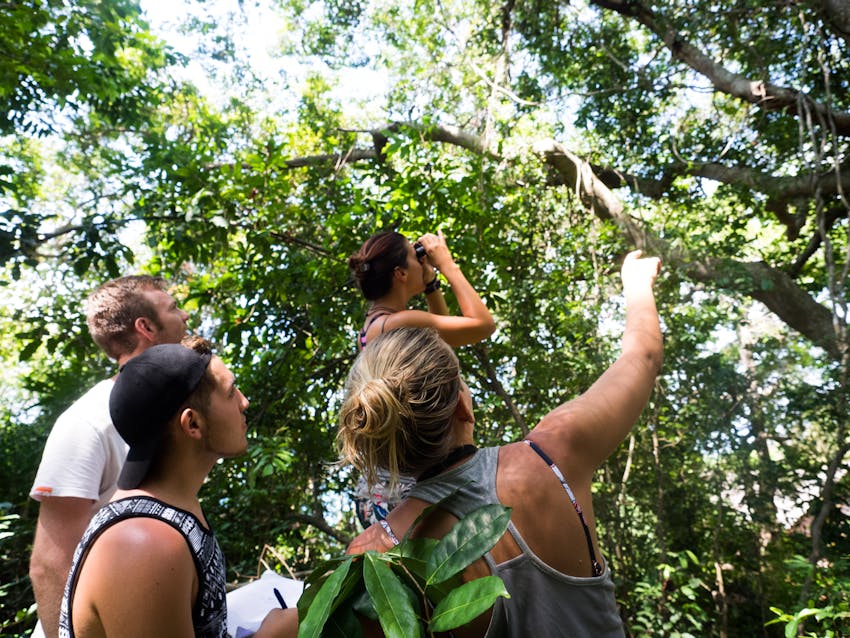
3. Coast and Waterway Conservation in New Zealand

The eco volunteer projects in New Zealand take a hands-on approach to enriching New Zealand’s natural environment. The Coast and Waterway Conservation project offers a high degree of flexibility in volunteer work depending on the needs at the time of your placement. If you have a particular set of skills, this can also be harnessed by the local team who will identify how you can best support the goals of your project.
New Zealand has varying weather conditions so it’s essential to pack clothes for wet and fine weather. Depending on how far you’re willing to travel, New Zealand is a thrill-seeker’s paradise with a swag of inexpensive options. You can start volunteering in New Zealand on the first and third Monday of each month and the program is well suited to solo volunteers, as well as friends and family traveling together. Learn more about volunteering in New Zealand.
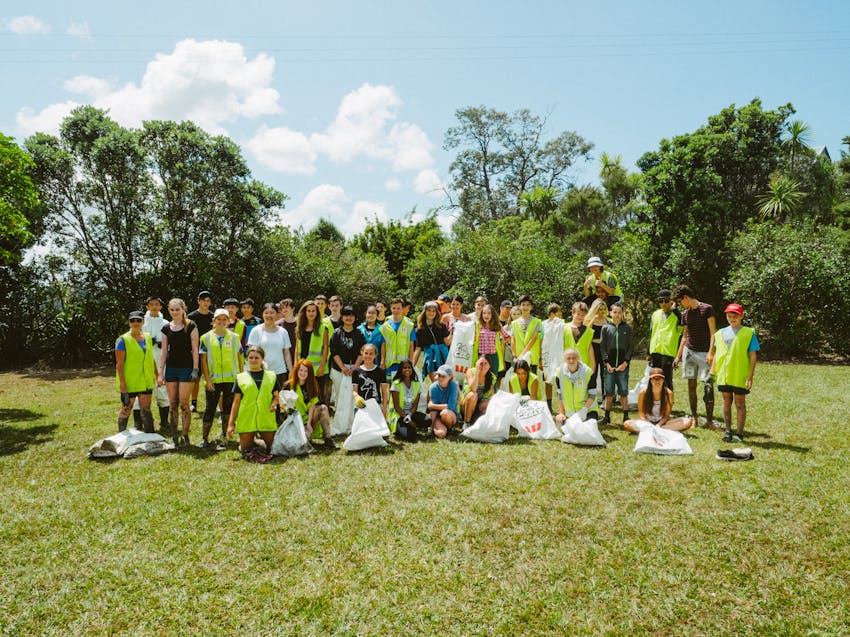
4. Eco-Agriculture Conservation in Costa Rica

On the Eco-Agriculture Conservation project in Costa Rica, you’ll be working within a small coffee farming community, supporting and learning about the coffee production process first-hand from local families. Typical tasks include coffee growing and production, reforestation and various agriculture efforts. There is always ample opportunity to work longer hours on the farm, or to support varying levels of the coffee production.
Given the location of the project, it’s key that you come prepared for warm and cool weather, and pack appropriate attire for farm work. Depending on your exact placement, you will have the opportunity to take part on adventure activities, such as zip lining and whitewater rafting. The project is perfect for an eco volunteer looking to gain a mix of environmental and community-based work, and you can start the project on any given Monday. Find out more about eco volunteering in Costa Rica.
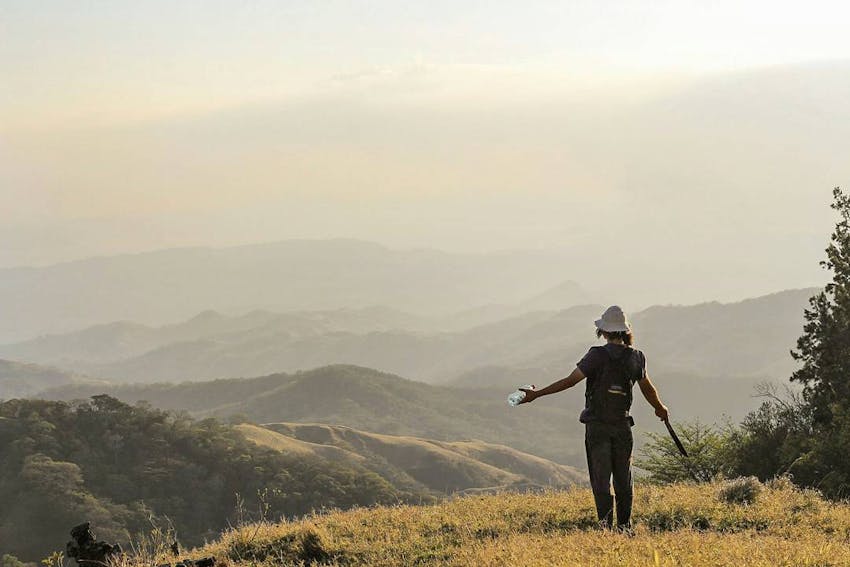
5. Eco Agriculture Conservation in Guatemala

If you’re looking for environmental volunteer work in Central America, an Eco-Agriculture project is also available in Guatemala. Focusing on coffee farm-based production work, property maintenance and community construction, there is no shortage of day-to-day work and there’s always a task to be completed on this project. Volunteers have to come prepared to show initiative with the ultimate goal of supporting sustainable agriculture and economic development within a small farming community in Guatemala.
Based in the Guatemalan highlands, you will need to be prepared for all conditions, so don’t forget to bring warm clothing, as well as clothes that you don’t mind getting dirty. From ancient Incan monuments to sun-clad beaches, Guatemala offers weekend experiences for all types of volunteer travelers. This project is available year-round and you can begin on any Monday of the month. When planning your volunteer trip, keep in mind that December through to March are the main coffee harvesting months. Discover more about the volunteering in Guatemala.
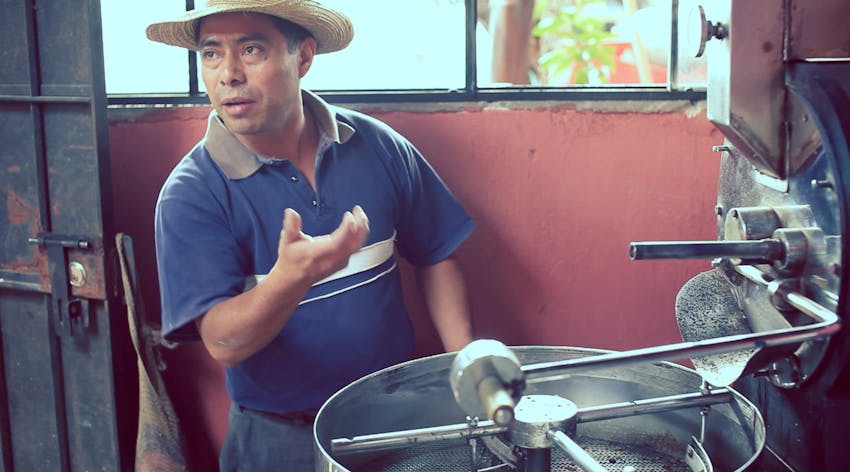
6. Agriculture Volunteering in the Atlas Mountains

Based in the Atlas Mountains of Morocco, the Agriculture project has farming as the key focus and you must be prepared to get your hands dirty as you’ll be assisting local farmers with tasks such as ploughing, seeding, weeding, and harvesting. While supporting the farmers and local community to improve their farming output, there is also the opportunity to teach English within the community if time permits.
With a mix of demanding daily tasks, it’s important to bring attire that will withstand the conditions and that you don’t mind getting dirty. During your weekends, don’t be afraid to take the road less traveled in Morocco. With such a diverse landscape, you can visit everything from picturesque beaches to breathtaking deserts. You can start the project on the first and third Monday on any month, and with limited spaces available, it’s important to plan ahead. Learn more about the volunteer opportunities in Morocco.
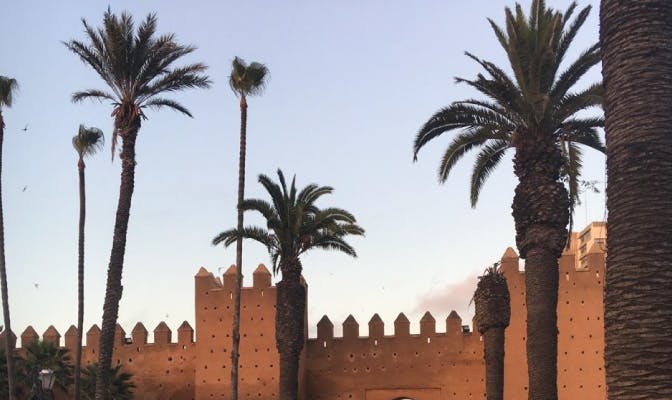
7. Jungle Conservation in Peru

The Jungle Conservation project in Peru takes a more observational approach, so while the body may not be overly taxed, the mind will need to remain sharp. Depending on the field conditions, volunteer work typically consists of wildlife monitoring, reforestation and research with the ultimate goal of preserving your beautiful surroundings.
Working in the jungle requires you to be prepared for a range of conditions, so it’s important to pack adequate clothing for wet and bush-like environments. No one would believe you if you said that you traveled to Cusco and didn’t see Machu Picchu, combine this with vast jungle and ancient sites, and Peru is a time warp waiting to be discovered. The Jungle Conservation project in Peru begins every Monday, and with three different placements sites, there is capacity to host large groups of volunteers on this project. Discover more about volunteering in Peru.
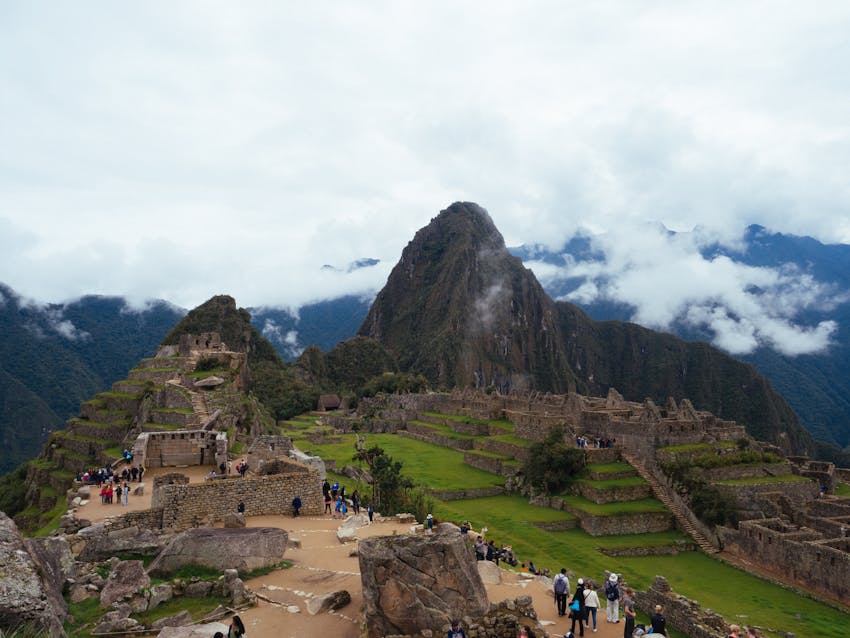
8. Environmental Education in Bali

The Environmental Education project in Bali adopts a teaching-based approach, although there is also scope to get out there and get your hands dirty. In Bali, you’ll be working to educate the local community and schools on manageable campaigns to support the protection of the local environment. This can include activities such as recycling and beach clean-ups, however, you have the creative freedom to design your own campaign and thinking outside the square is encouraged.
Think about the type of campaign you would be interested in organizing as this can impact your packing requirements for Bali. The schools you’ll be working with are often under-resourced, so you would need to bring your own materials in some cases to support your campaign. Typically, suitable active wear and trainers are fine. With an adventurous spirit, Bali has no shortage of adventures to fill your weekends, from cycling through traditional villages to spending the weekend on exotic islands. The Environmental Education project in Bali is available each Monday, and has great volunteer capacity, making it perfect for family volunteering and volunteer groups. Find out more about eco volunteering in Bali.
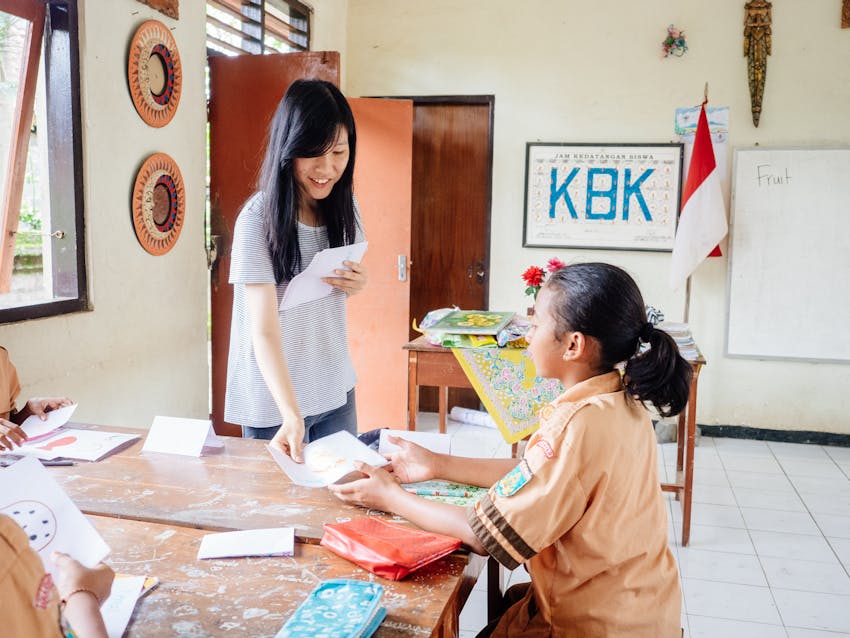
9. Environmental Volunteering in the Philippines

The Environmental project in the Philippines focuses on mangrove rehabilitation and mangrove replanting, as well as education campaigns within local schools to raise awareness around the importance of the mangrove rehabilitation, and the impact of litter on the environment. The work you will be completing will not be overly strenuous, however, the more enthusiastic you are, the more work that can be done. Mangroves provide habitat for nursing fish and other marine life, as well as many native birds, including the Palawan fruit bat. Mangroves are not just positive for nature, they also serve as coastal barriers, slowing storm surge and reducing beach erosion.
With the volunteer work spent amongst the mangroves, it’s essential to have adequate clothes to deal with the conditions. Given the geographic location of the project, it’s a water wonderland with waterfalls, rivers and beaches. Providing plenty of options for long weekends. The project starts every Monday and is available year round with large capacity on the program. See more about volunteering in the Philippines.
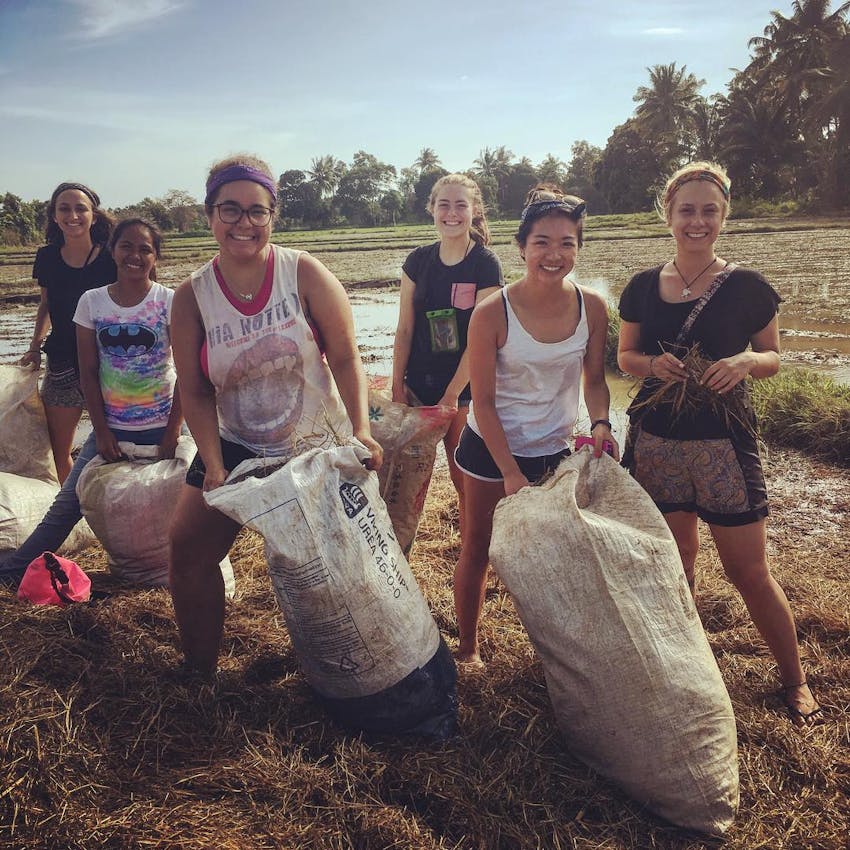
To continue researching your eco volunteering trip, be sure to browse all of IVHQ’s Environmental and Conservation projects, or start your volunteer journey by applying below.

